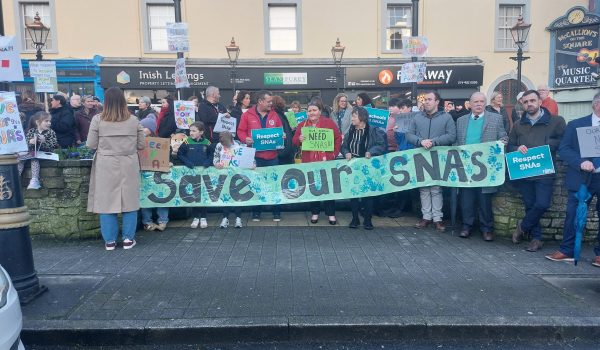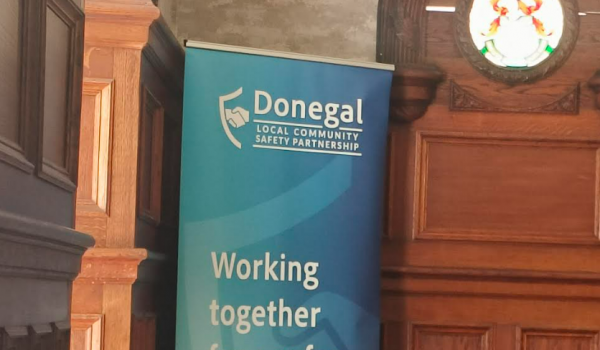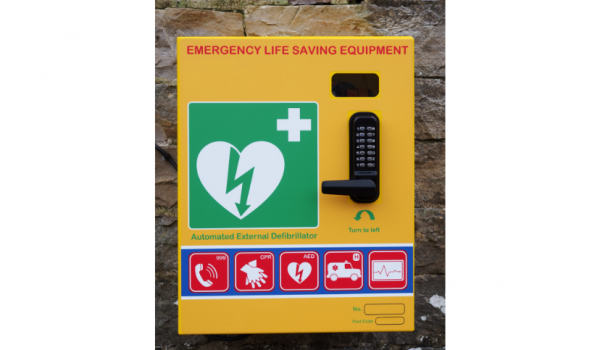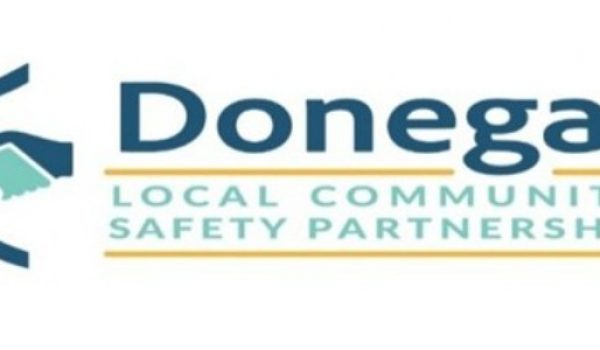
A three day research event to examine Mica and other deliterious materials in concrete blocks gets underway today with a conference at the ATU Donegal campus in Letterkenny.
A number of leading international experts from Canada, the USA, Switzerland and Norway will speak about their own research, and meet with local engineers, officials and homeowners.
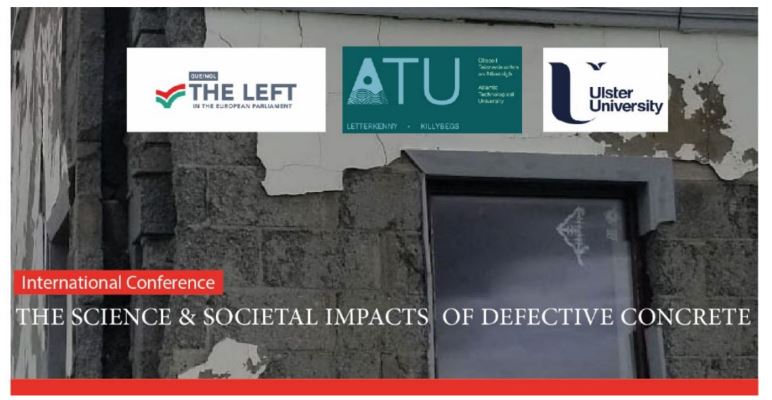
Tomorrow, the international delegation will visit affected homes in Donegal, while on Thursday they will attend a workshop at Ulster University’s Magee Campus in Derry, to strengthen research networks and discuss future research plans.
Dr Eileen Doherty is a member of the organising committee – She says this is a very important event……….
More details –
ATU AND UU JOIN FORCES TO HOST INTERNATIONAL CONFERENCE ON ‘MICA’/DEFECTIVE BLOCKS
Atlantic Technological University (ATU) and Ulster University (UU) with support from the EU – specifically MEP Luke ‘Ming’ Flanaghan’s office, will host an international conference on ‘mica’/defective concrete blocks on Tuesday, November 15th from 4.30-10.00pm at the ATU campus in Letterkenny, Co. Donegal. This conference will be the first day in a 3 day research focused event which will see leading international experts in geology, earth sciences and engineering who research the impacts of deleterious minerals on concrete from Canada, the USA, Switzerland and Norway travel to the North West to speak about their own research as well as to learn more about the defective blocks issue in Ireland. Other researchers from a wide range of disciplines including Business, Psychology, Sociology & Communications etc. will also be presenting on their proposed research examining the wider societal impact of ‘mica’.
The organising committee for this initiative includes Professor Paul Dunlop (Research Director for Geography and Environmental Sciences, Ulster University), Dr Eileen Doherty (Lecturer in Digital Transformation, Ulster University) and Joseph Morgan (Director of Engineering, Druva), all of whom have been actively involved in researching various aspects of this important issue.
The conference will incorporate a number of key sessions. Firstly, there will be a session on the science of deleterious geological minerals and their destructive impacts on concrete. The delegates will present research on this issue from various parts of the world including the latest results of the causes of concrete failure in defective blocks from homes in Ireland. Professor Paul Dunlop, member of the organising committee said:
“This joint research collaboration between Ulster University and ATU is the best opportunity to date for anyone who is interested in learning more about the causes and impacts of defective concrete from leading international scientists who are at the forefront of investigating why concrete fails. Impacted homeowners and others interested in enhancing their understanding of this issue are invited to attend this event and to hear first-hand about cutting edge research that is being undertaken internationally on this issue in Ireland, other European countries and in North American. It will be the first time that such an eminent team of international experts will be gathered in Ireland to view the impacts that deleterious geological minerals are having on local communities and to network to discuss and develop new research ideas on how to tackle this crisis from various viewpoints and to share knowledge and best practice with local and national authorities ”.
There will also be a multi-disciplinary session that will bring together homeowners, community development groups and researchers from a number of disciplines including business, psychology, sociology to present their ideas on enhancing our understanding of the wider societal impacts of this crisis within affected communities. Dr Eileen Doherty, member of the organising committee said:
“We are delighted to announce this international conference on ‘mica’/defective blocks. This EU funded initiative will further our understanding through harnessing both international and regional/national research expertise which ultimately we hope will inform policy on the issue. It is critical to expand our understanding of this issue on the wider society for example how is it impacting businesses, the mental health impact on families and the wider societal impact of the crisis.”
Importantly, there will also be a session that explores the research & application of EU Legislation relating to this issue. The focus will include a review of EU Legislation relating to construction product manufacture, the potential human rights infringements and a look forward to additional proposed research against similar cases taken up with EU institutions. Joseph Morgan, member of the organising committee said:
“The conference offers the opportunity to understand EU Legislation which touches on construction industry & Human Rights regulation which is applicable to the defective block crisis in Ireland”.
The day following the conference on Wednesday November 16th, will involve a field trip where members of the international delegation will visit affected homes in Donegal to view first-hand the impact of concrete failure. On Day three, Thursday November 17th, the research team will gather for a workshop at the Magee campus of Ulster University to strengthen research networks and develop future research plans.
